
Texas Welcomes THCA Hemp Products: A Legal and Transformative Wellness Revolution
Alan Rachmann
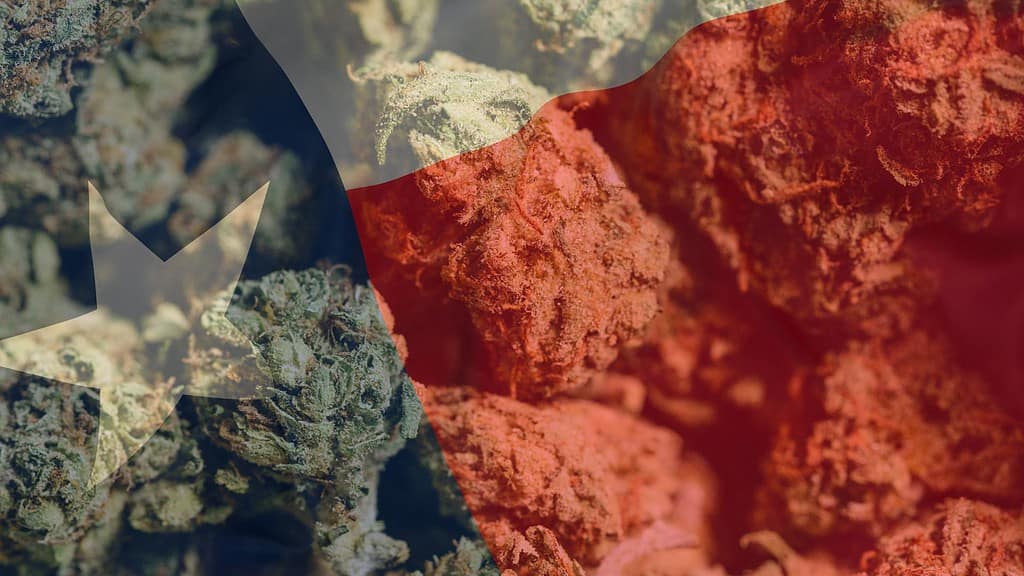
Texas, often associated with its rich cultural history and vast landscapes, is now at the forefront of a progressive and transformative movement – making THCA hemp products legal.
In this article, we delve into the remarkable journey of THCA’s legalization in Texas, exploring its numerous advantages and highlighting its pivotal role in the broader context of cannabis reform.
I. The Road to Legalization
The legalization of THCA hemp products in Texas represents a profound shift in public perception and regulatory frameworks surrounding cannabis-derived substances.
A. A Changing Landscape
Texas, traditionally known for its stringent drug laws, has undergone a dramatic transformation in its stance towards cannabis. This shift is primarily attributed to evolving attitudes within the state.
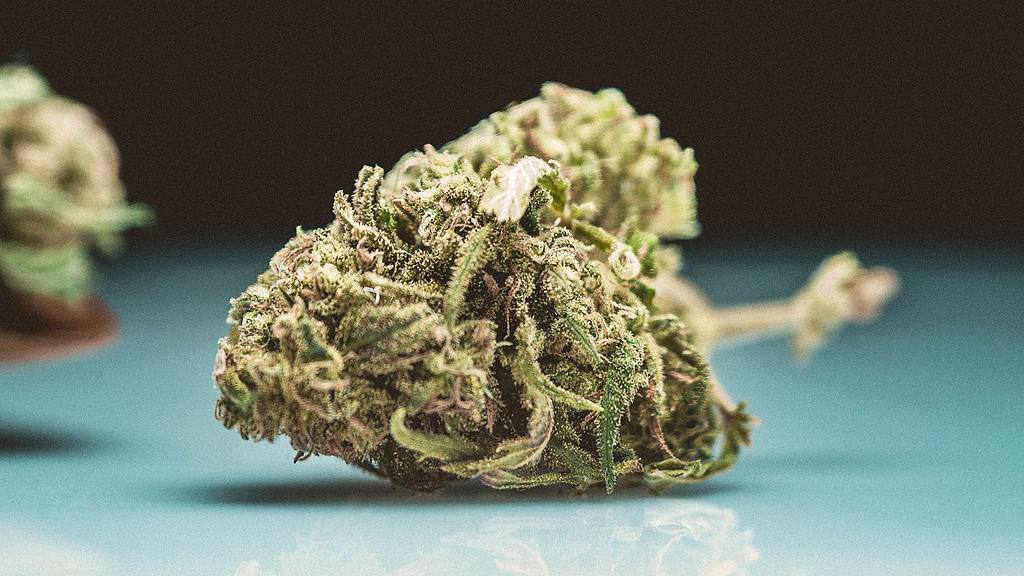
B. The Compassionate Use Program
The Compassionate Use Program (CUP) is a cornerstone in Texas’ progression towards cannabis reform. Established in 2015, it initially provided access to low-THC, high-CBD medical cannabis for specific medical conditions. Over time, the program has expanded to encompass a broader spectrum of qualifying conditions.
C. Legislative Milestones
Key legislative milestones have played a pivotal role in the legalization of THCA hemp products:
- Senate Bill 339 (2015): Paved the way for the use of low-THC cannabis for medical purposes, setting the stage for broader THCA legalization.
- Senate Bill 164 (2021): Legalized THCA for medical use, expanded the list of qualifying conditions, and enhanced patient accessibility.

II. The Benefits of THCA Legalization
The legalization of THCA hemp products in Texas promises a plethora of advantages, spanning from therapeutic potential to economic growth and societal benefits.
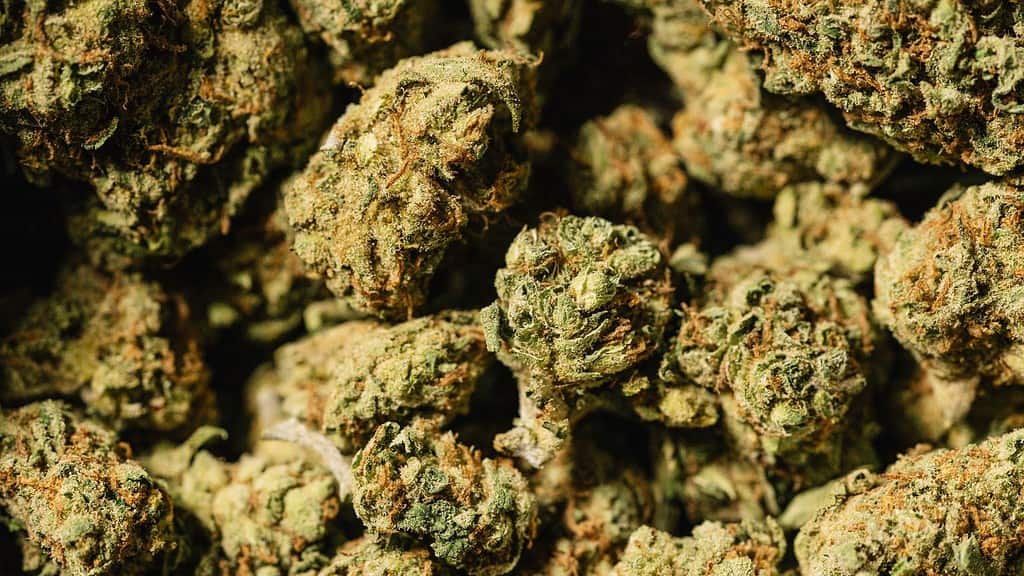
A. Therapeutic Potential
THCA, with its non-intoxicating properties, offers a safe alternative for individuals seeking relief from various medical conditions. Its potential applications include the management of epilepsy, chronic pain, and neurodegenerative diseases, for example.
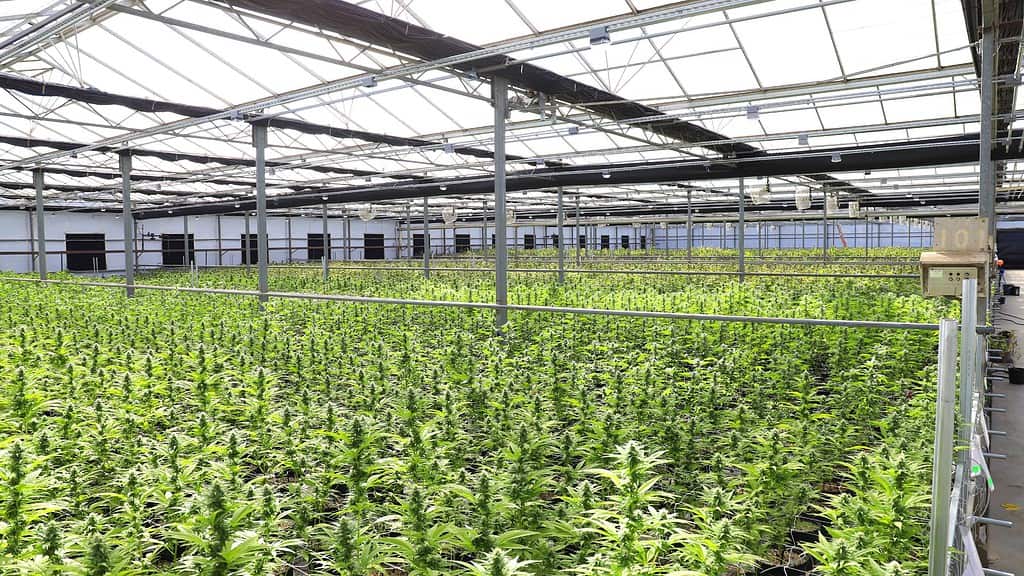
B. Economic Prosperity
THCA legalization presents significant opportunities for economic growth:
- Job creation: The cannabis industry, including THCA production, can generate numerous employment opportunities, spanning cultivation, processing, and retail sectors.
- Tax revenue: Legalization has the potential to generate substantial tax revenue that can be reinvested in public services and infrastructure development.
C. Easing Law Enforcement Burdens
The legalization of THCA alleviates the burden on law enforcement agencies, enabling them to redirect their resources towards more pressing matters. It contributes to broader criminal justice reform by reducing the number of non-violent cannabis-related arrests and incarcerations.

III. Regulatory Framework
Texas has established a comprehensive regulatory framework to ensure the structured, safe, and effective legalization of THCA hemp products.
A. Licensing and Regulation
The state has implemented a rigorous licensing process for THCA producers, ensuring that only qualified entities engage in cultivation and processing. Strict quality control measures are enforced to guarantee product safety and consistency.
B. Enhanced Patient Access
Texas has expanded the list of qualifying conditions for THCA treatment, and dispensaries have also been strategically established throughout the state to ensure convenient patient access to THCA products.
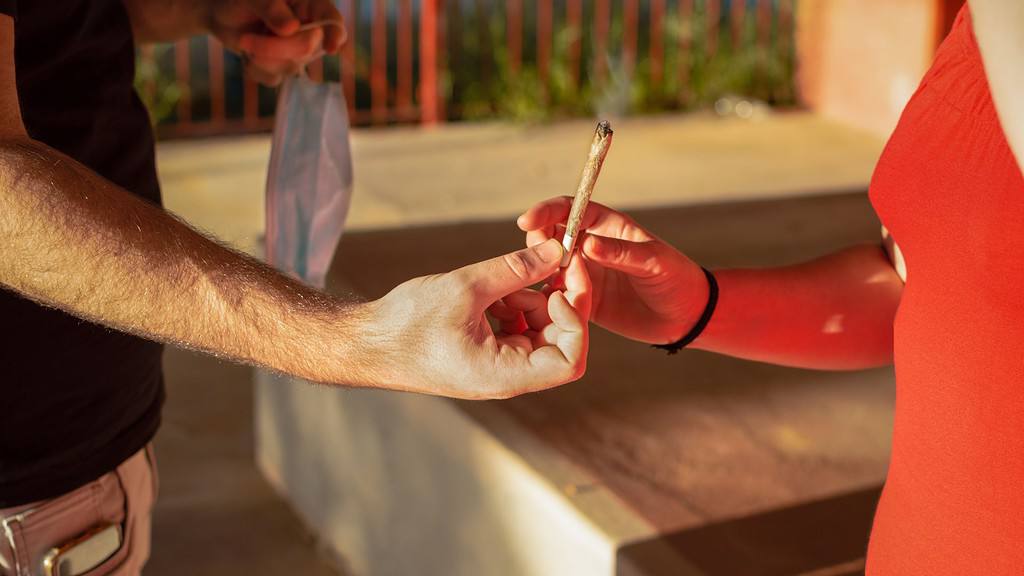
IV. Challenges and Future Prospects
While THCA legalization in Texas represents a remarkable milestone, it comes with its share of challenges and opportunities for growth.
A. Education and Awareness
Comprehensive public education campaigns are essential to dispel misconceptions surrounding THCA and cannabis. Furthermore, healthcare providers should receive proper training on the potential benefits of THCA to ensure that patients receive informed recommendations.

B. Ongoing Regulatory Adaptations
Regulatory agencies should continuously assess and refine the THCA program, making necessary adjustments to ensure its effectiveness and responsiveness to evolving needs.
C. Equity and Social Justice
Efforts should be made to address issues of equity and social justice within the cannabis industry, ensuring that all communities have equal access to the benefits of legalization.
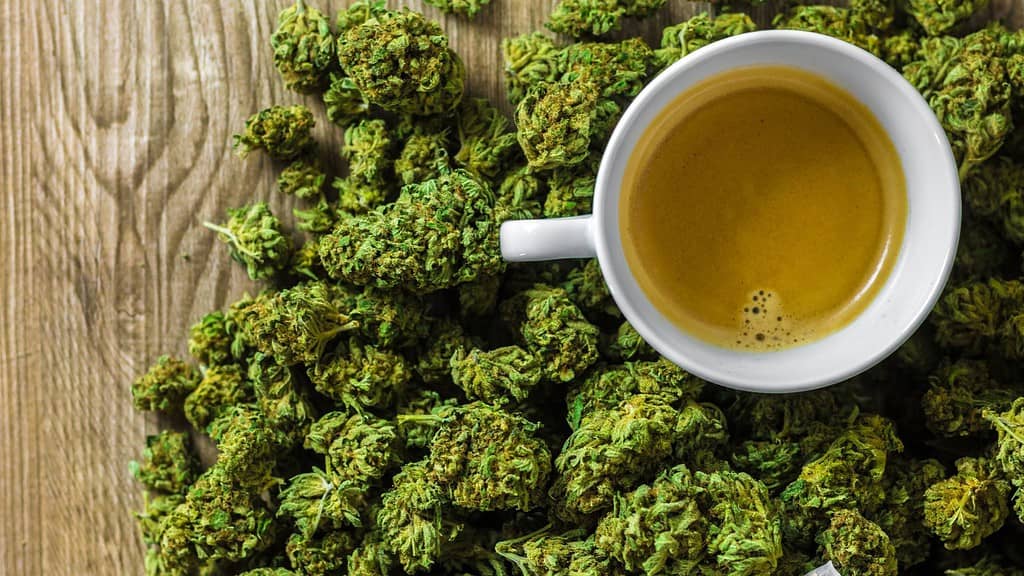
V. The Broad Scale Legality of THCa Hemp Flower in Texas
In Texas, the legality of THCa hemp flower hinges on a combination of federal and state regulations that distinguish it from its psychoactive counterpart, Delta-9-tetrahydrocannabinol (THC). Understanding this legal framework requires a closer look at both federal and state laws, which together permit the buying and selling of THCa hemp flower in the Lone Star State.

At the federal level, the 2018 Farm Bill played a pivotal role in reshaping the legal landscape for hemp products, including THCa hemp flower. This landmark legislation removed hemp, defined as cannabis containing less than 0.3% THC, from the list of controlled substances.
Consequently, THCa hemp flower with THC levels below this threshold was no longer classified as an illicit substance. Instead, it became an agricultural commodity, opening doors for cultivation, distribution, and sale across the United States.
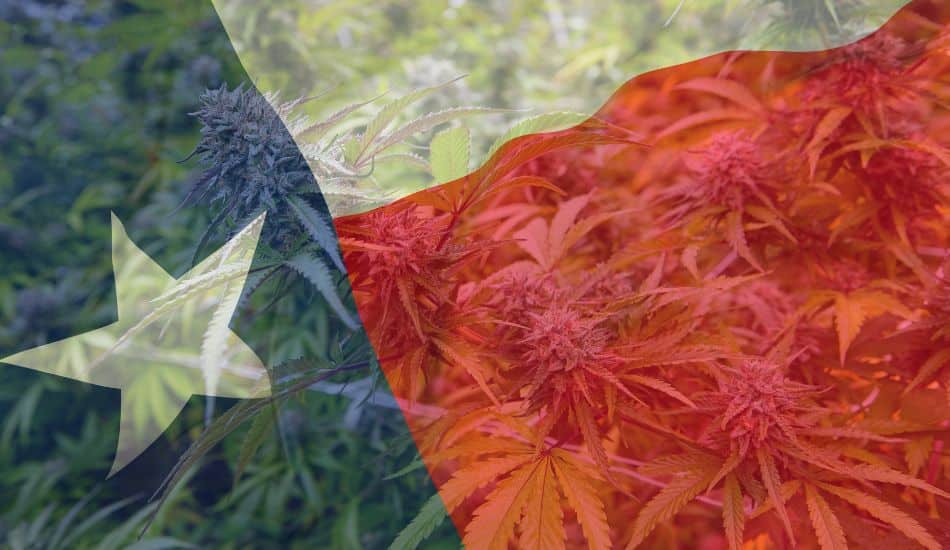
While the Farm Bill laid the foundation for the legality of THCa hemp flower at the federal level, individual states like Texas have the authority to set their own regulations. In Texas, House Bill 1325, signed into law in 2019, further clarified the legal status of hemp and its derivatives, including THCa hemp flower. The bill aligned the state with the federal definition of hemp and established a framework for its production, transportation, and sale.
Under Texas law, hemp is defined as cannabis with a THC concentration of no more than 0.3%. THCa hemp flower falls within this legal definition, making it distinct from high-THC marijuana. The legislation also created the Texas Department of Agriculture (TDA) to regulate and oversee the state’s hemp program, ensuring that all hemp products comply with these strict THC limits.

What Do You Need to Legally Buy and Sell THCa Hemp Flower in Texas?
To legally buy and sell THCa hemp flower in Texas, individuals and businesses must adhere to the TDA’s guidelines. These guidelines include mandatory testing to confirm THC levels, licensing requirements for cultivators and processors, and stringent record-keeping practices. In addition, these measures are in place to maintain the integrity of the hemp market and prevent the illegal diversion of high-THC cannabis.

In summary, THCa hemp flower is legal to buy and sell in Texas due to a combination of federal and state laws. The 2018 Farm Bill removed hemp from the list of controlled substances, setting the stage for its legal cultivation and distribution.
Texas adopted these federal guidelines through House Bill 1325, which established clear definitions and regulations for hemp and its products. As long as THCa hemp flower complies with the federal and state THC limits, individuals and businesses can legally engage in its sale and purchase within the boundaries of Texas law.
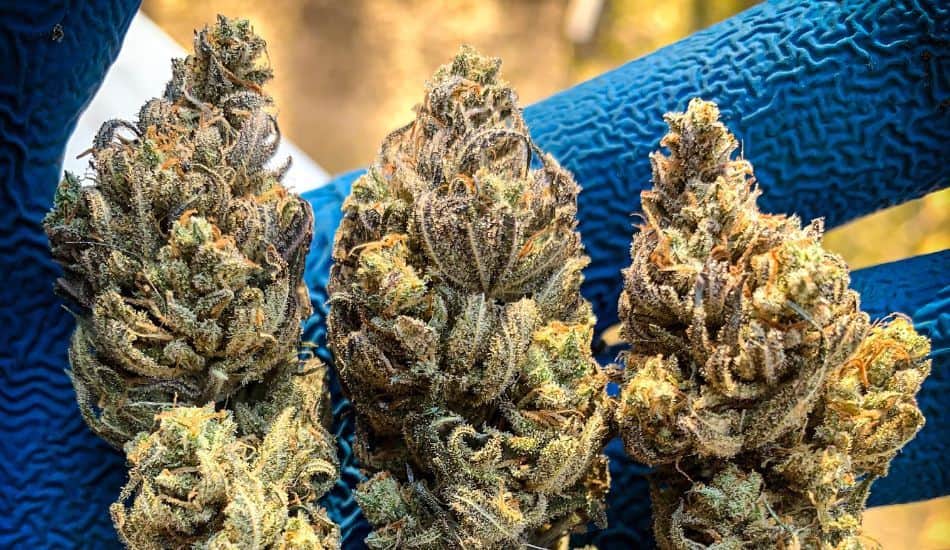
Conclusion: THCa is legal in Texas
Making THCA hemp products legal in Texas marks a monumental leap forward in the broader cannabis reform movement. It also exemplifies the state’s commitment to adapting its policies to cater to the evolving needs and preferences of its citizens.
With its therapeutic potential, economic benefits, and contributions to criminal justice reform, THCA legalization stands poised to have a transformative impact on Texas and its residents. As Texas continues to refine its cannabis policies, it serves as a beacon of hope for those advocating for sensible cannabis reform across the nation.
Alan Rachmann
Leave a Comment
About El Jay's
We take pride in offering organically-grown THCa flower that is lab-tested to ensure the highest quality and purity. Our dedication to using sustainable and natural growing practices ensures that our flower is free of harmful pesticides and chemicals. Click here to view all our product offerings.
Recent Posts
Shop Now
-
- Sale!
Wholesale THCa Hemp Live Resin Badder – Choose Your Strains
- $950.00 – $3,250.00Price range: $950.00 through $3,250.00
- Rated 5.00 out of 5
- Select options This product has multiple variants. The options may be chosen on the product page
-
El Jay’s THCa Hemp Diamonds
- $25.99 – $67.99Price range: $25.99 through $67.99
- Rated 4.80 out of 5
- Select options This product has multiple variants. The options may be chosen on the product page
Contact Us
Sign up for our Newsletter
By submitting this form, you agree to receive emails from us.

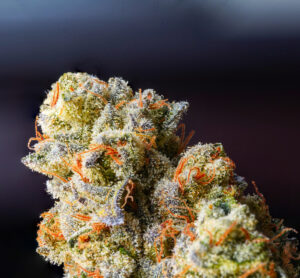
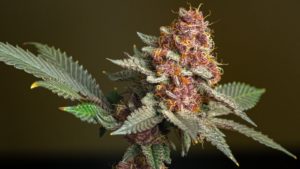
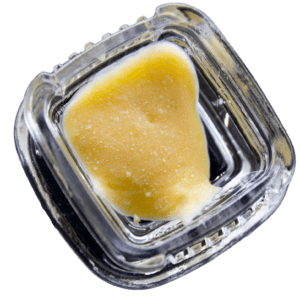


This Post Has One Comment
you are not wrong it is legal in Texas. I have seen your flowers at some shops here but never tried. I will order some from your site and do a review when I get it.